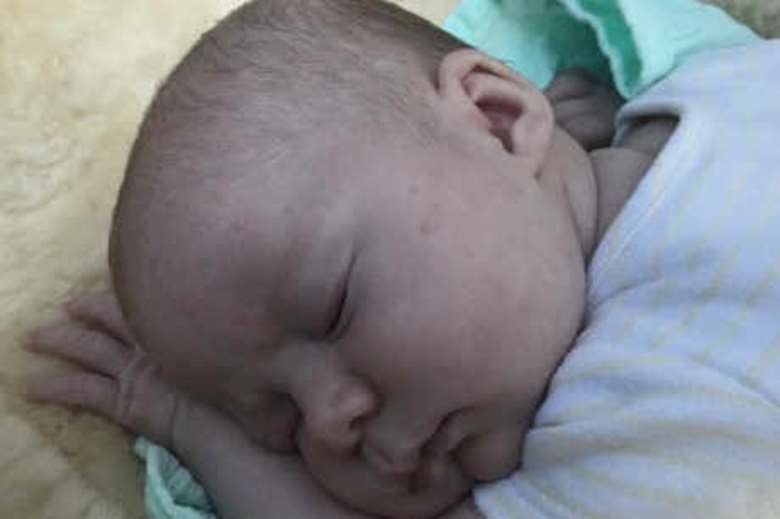Call for urgent action to improve provision for children with cerebral palsy
Tuesday, January 15, 2019
A leading charity is calling on the Government to introduce a national register of children with cerebral palsy to improve their care and education.

Action Cerebral Palsy says that too many children and families in the UK are missing out on support because there is no system for recording the number of people with the condition.
The charity’s new report, which will be launched at an event in Parliament today, cites research into pioneering intervention models in Australia, a world leader in the treatment of cerebral palsy, which has improved outcomes for babies and children with the condition.
The Australian Cerebral Palsy register, which collects data on children with cerebral palsy across Australia has created 'an invaluable data bank' to inform research, which has led to improved practice in screening, diagnosis and intervention, the report says.
Action Cerebral Palsy's ‘Identify, Intervene, Impact’ campaign aims to improve the early identification of cerebral palsy, to secure timely health and educational intervention to treat and manage it, and to ultimately better the outcomes of all children with the condition.
An estimated 2 per 1,000 live births in the UK result in a diagnosis of cerebral palsy according to the National Institute of Clinical Excellence (NICE).
The cost of managing cerebral palsy in people with the condition in the UK is unknown, because there is no register of information totaling the number of people with the disorder. In 2003, the combined lifetime costs for all people born in the USA with cerebral palsy was an estimated $11.5 billion.
The report's key recommendations include:
- The development of a national cerebral palsy register with the aim of collecting data to provide information for research, outcomes of clinical practice and policy development.
- To develop clinical pathways for babies that require greater surveillance, including routine screening at three months and follow-up checks for those 'at risk of cerebral palsy'.
- Improved training and awareness of the risks and signs of cerebral palsy in babies and young children among practitioners and parents, and more specialist health visitors.
Amanda Richardson, chief executive of Action Cerebral Palsy, said, ‘Too many children with cerebral palsy in the UK and their families are missing out on appropriate models of intervention or the right funding because we do not have a system for recording the number of people with the condition. Cerebral palsy services are a postcode lottery, with disjointed and erratic provision limiting health and education outcomes for young people with the condition.’
Ms Richardson was awarded a Churchill Fellowship in 2018 to tour Australia, a world-leader in cerebral palsy provision, to observe treatment centres and care providers across the country and learn more about how the disorder is detected, diagnosed, and treated.
She added, ‘The Australian model demonstrates that, with a coherent national strategy and funding structure, health and early education outcomes for children with the condition can be dramatically improved. Today I’m calling on the UK Government to urgently review their strategic approach to care, training and funding to improve life chances for young people with cerebral palsy.
‘The introduction of a national register of children with cerebral palsy will give local government, education services and the NHS a clear insight into how best to direct services and funding, as well as allowing clinicians the oversight to monitor young people at risk of cerebral palsy and offer tailored support. We call upon the Government to introduce a register without delay.’
Writing in the report, Paul Maynard MP, the charity’s patron who himself has cerebral palsy, says, ‘Cerebral Palsy is the most common childhood disability in the world, yet we know relatively little about it. We do not know exactly how many young people in Britain are diagnosed with the disorder each year, where they live, or what the impact of cerebral palsy is on their lives.’
Julia Weston, chief executive of the Winston Churchill Memorial Trust, said, ‘We are delighted that Amanda is taking her campaign to parliament and sharing with them the global insights she gained on her Churchill Fellowship. There are vital lessons to be learned from other countries on how to improve our management of cerebral palsy, and this is exactly what Amanda’s campaign is all about.’




